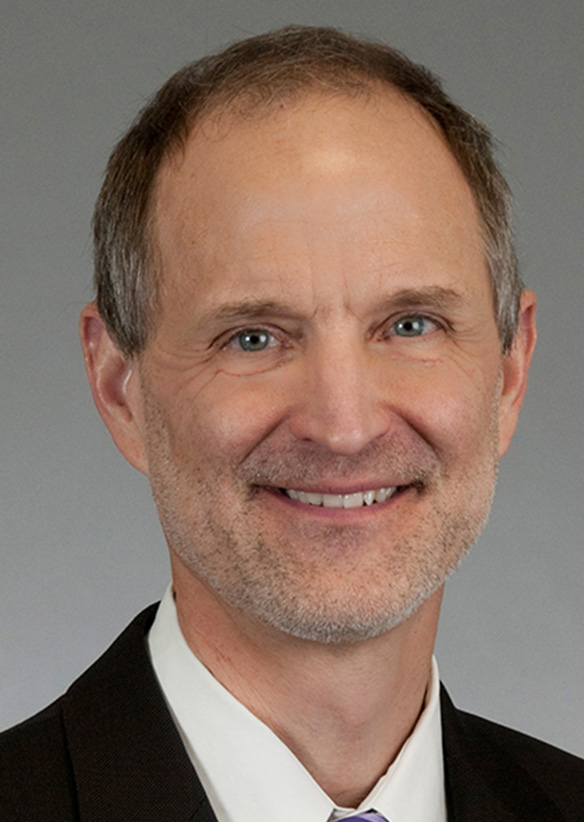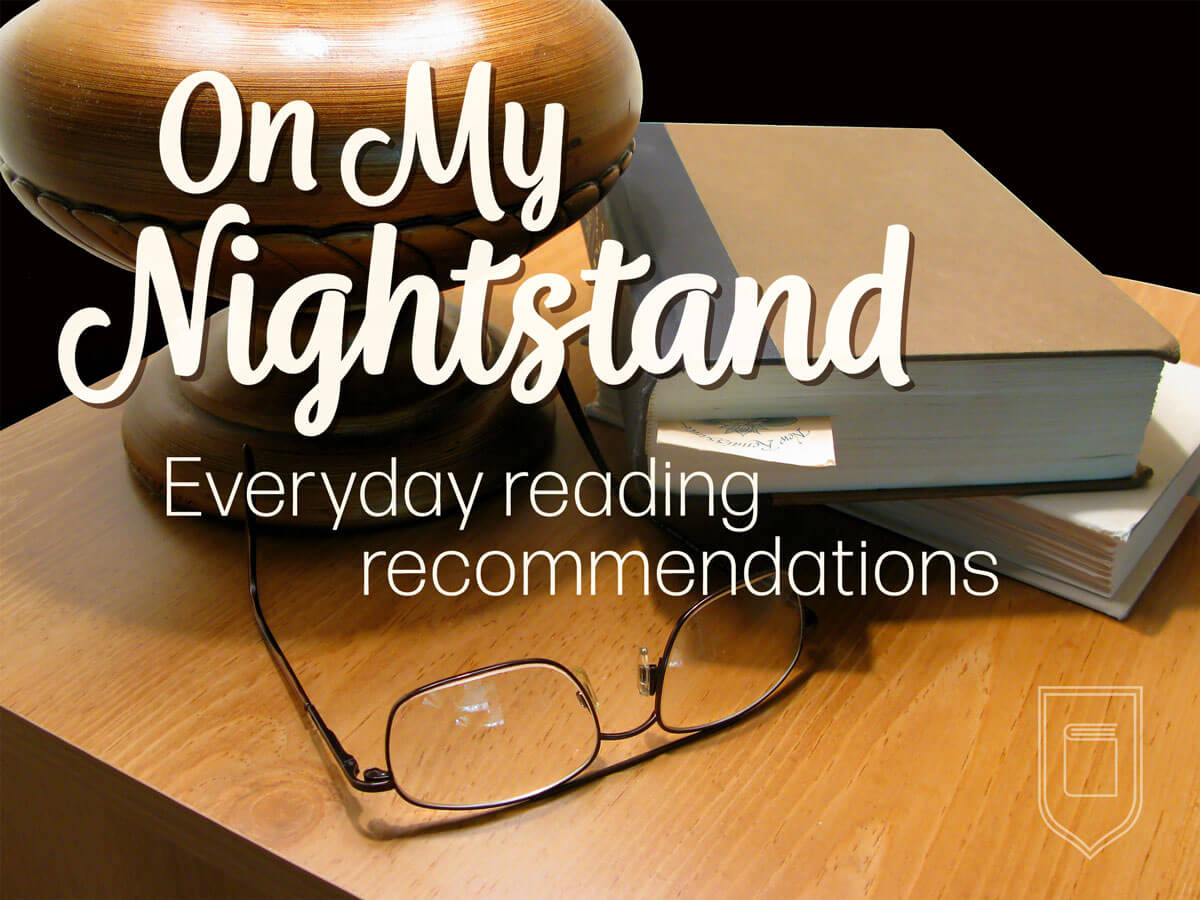
In Broken Heart, Johnson traces the origins of St. Louis from its founding as a French fur-trading post to its role in shaping the America we live in today. Johnson believes that the history of St. Louis is instructive because it is a microcosm of the entire country, and therefore it is a fitting lens through which we can examine the history of racial oppression in America, right up to the present day.
Through meticulous research and vivid storytelling, Johnson introduces us to individuals and events that have shaped St. Louis and the rest of our country. From enslaved individuals to Indigenous communities, we get to hear voices that have often been marginalized or silenced in other historical retellings. Thus, Broken Heart offers us a more comprehensive understanding of the forces that have shaped the city.
Johnson is especially good at describing the intersecting forces of capitalism, imperialism, and racism in St. Louis. In so doing we are faced with some uncomfortable truths about our nation’s founding principles and the enduring consequences of its historical injustices.
Johnson also shows the connections between historical events and present-day struggles, highlighting the legacy of racism in America. His writing serves as a stark reminder that understanding the past is crucial for dismantling systemic injustices today.
I suppose that there are any number of reactions that someone might have after reading Broken Heart. You could relegate it to past history. You could marginalize it as telling only one side of the story and, therefore, biased. You could say, “Yes but . . . things are different now.”
Instead, I followed a suggestion given by Volney Gay in his book On the Pleasures of Owning Persons, and I did some personal soul searching. Gay said, “Looking back to the beginning of the Civil War and its aftermath we know which side was morally right. However, we should also look inside ourselves. Within us slumbers a similar capacity to take part in and defend slavery. To deny this is tantamount to splitting ourselves off from this part of our nature, what I have called “the pleasures of owning persons.”
As I read Broken Heart, my mind kept going back to Gay’s words. As a result, rather than simply judging or condemning or recoiling from the history (all of which I did indeed do), I also confronted the multifaced specter of sin in my own heart and learned again some daunting spiritual truths: (1) You cannot overestimate the capacity of evil in the hearts of human beings, including my own! Evil is an incredibly powerful enemy, and none of us can escape it. (2) You cannot fully see or understand truth #1. Even as I write the words, I don’t fully feel or believe that things are really that bad. All of us think that we are better than we really are, and this misguided sense of our own righteousness and piety results in terrible deeds against others even as we easily find justifications for such deeds. (3) Evil deeds and evil exercises of power are pleasurable. They are so easy to do and feel so good. Again and again in Broken Heart, it became quite clear that people liked doing what they did to others. They didn’t care. What about me? (4) One final truth is that reading Broken Heart drove me again, through its 544 pages, to the promise of our Lord that he would deliver me from my sin and evil. It made me ever more grateful for God’s grace and mindful that I show that same grace and love to those around me.



Leave a Reply
You must be logged in to post a comment.